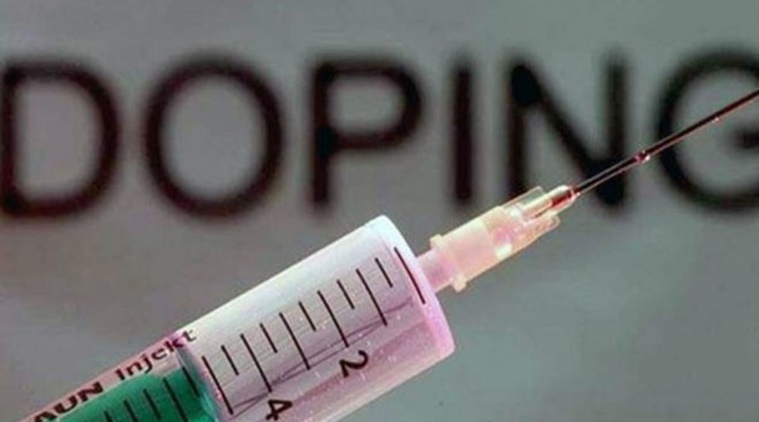Since the time the pandemic-induced lockdown came into force, anti-doping activities across the country have virtually come to a standstill. Now, as training resumes, NADA wants to restart policing the athletes.
Before they get tested for performance-enhancing drugs, India’s athletes will first have to give an undertaking that they are free of Covid-19 symptoms. And when the athlete gives a urine sample into a container, the doping control officer – who has to witness almost the entire process – will have to maintain a distance of two yards.
Since the time the pandemic-induced lockdown came into force, anti-doping activities across the country have virtually come to a standstill. Now, as training resumes, the National Anti-Doping Agency (NADA) wants to restart policing the athletes, some of whom may have used the lockdown period to take undue advantage. And as the first step towards that, the watchdog has formulated detailed guidelines based on the Standard Operating Procedure laid out by the health ministry and the World Anti-Doping Agency.
Navin Agarwal, the director-general of NADA, said they submitted a ‘very detailed’ proposal for beginning the testing programme to the sports ministry last week. Among the key features, he said, was that both the athlete and the officer on duty for sample collection will have to certify they are asymptomatic.
“The doping control officer will have to wear complete Personal Protective Equipment. The apparatus needed for collecting samples, including the container, and all the forms will first have to be sanitised. We have to ensure the health and safety of both, the athlete as well as our dope control officer, is not compromised,” Agarwal said.
The bigger challenge, however, will be to ensure a relatively contactless and hygienic process. Usually, the doping control officer enters the bathroom with the athlete and watches the athlete during the entire process, except when the urine sample is being provided. While that procedure will still be carried out to make sure there is no tampering with the sample, both parties will have to maintain social distancing. “The athlete and the officer will have to maintain a distance of two yards during sample collection,” Agarwal said.
There may, however, be a few logistical hurdles for NADA to overcome.
Travel restrictions mean the doping control officer’s movement, and subsequent transportation of the sample, could get hindered. And with the Sports Authority of India restricting the entry of outsiders into their campuses, there are doubts whether the anti-doping officials will get smooth access to the athletes. NADA has written to the sports ministry, seeking clarifications on these two issues.
READ | Dronacharya will have no value when a foreign coach returns home after 5 years: Adille Sumariwalla
In the last few weeks, the 100-odd athletes training at the National Institute of Sport in Patiala and SAI’s Bengaluru campus have resumed training. Anti-doping experts have raised concerns that with no monitoring, some of them may have resorted to consuming PEDs, given that NADA has not been able to collect a single sample during the lockdown.
It will be a few more weeks before the doping control officers can once again knock on an athlete’s door anytime to collect blood or urine samples, Agarwal hinted. “Competitions have not yet started and only rudimentary training is going on right now. For us, the main issue is the logistical part, to get the inter-state passes, permissions from local authorities, and such. Once we get the go-ahead from them, as well as the ministry, we will resume our activities,” he said.
? The Indian Express is now on Telegram. Click here to join our channel (@indianexpress) and stay updated with the latest headlines
For all the latest Sports News, download Indian Express App.
Source: Read Full Article





